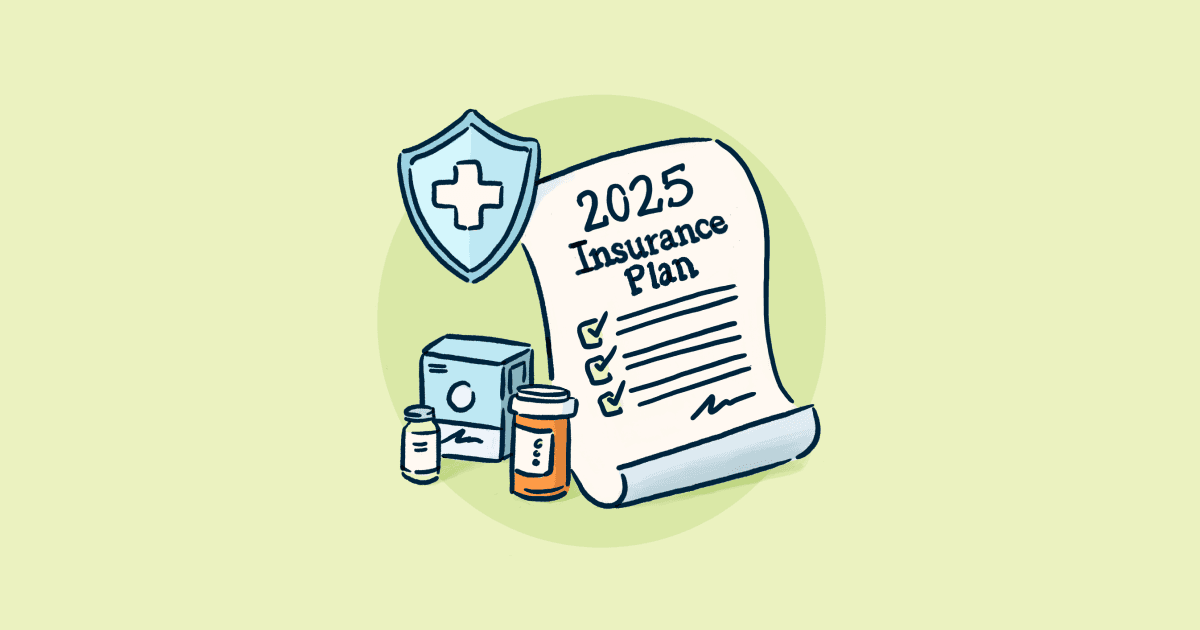An accurate diagnosis is the first step to receiving the best possible treatment, but getting there can be a challenging journey. Many conditions have overlapping symptoms without a single test to definitively confirm or rule out a diagnosis.
While there isn’t a quick fix for the complexities of the process, there are steps you can take to improve your chances of receiving the right diagnosis without delay. Read on to learn why diagnosis can be complicated and how you can make it easier for your doctor to accurately identify an underlying health issue.
What interferes with an accurate and timely diagnosis?
Many factors can complicate the process. These are some of the most common.
Overlapping conditions: It’s more difficult to determine the presence of an illness if a person has multiple conditions with overlapping symptoms. Medications or supplements taken for one condition can also influence the symptoms of another.
Self-reported symptoms: Some conditions, like high blood pressure, have measurable indicators that make them relatively straightforward to diagnose. When a health condition is primarily defined by how a person feels or functions rather than a quantitative measurement, diagnosis becomes more complex.
Difficult-to-identify symptoms: It isn’t always immediately clear that headaches, irritability, and unexplained weight changes are related to an illness. As a result, these symptoms aren’t always reported to a provider early on.
Lack of a single diagnostic test: Many conditions, including some digestive health disorders and autoimmune diseases, cannot be proven by one single test. In these cases, the diagnosis process centers on ruling out other diseases, which can take time.
Rarity of a condition: Rare diseases — typically defined as conditions affecting fewer than 200,000 people in the US — are much more likely to be undiagnosed or misdiagnosed. The majority of rare genetic diseases begin in childhood, and research has found that children with these conditions typically wait six to eight years before they receive the right diagnosis.
Tips for getting an accurate diagnosis
Each situation is unique, and it’s difficult to know exactly how long a diagnosis will take, but being as proactive as possible can only improve the process for both you and your provider. Here are some of the most important steps to take.
Organize your medical records
There are only two sources of information available to a doctor attempting to diagnose a disease: test results, when applicable, and what you tell them. In addition to describing your symptoms (more on that in a second), sharing your complete health history is critical to the process.
Compile important records in advance of your appointment, especially if you are seeing a specialist or new provider. Be sure to include previous test results, X-rays, MRIs, blood work, appointment summaries, and a history of prior treatments. There are laws in place that ensure you can access all of your medical records. Simply contact the office of a healthcare provider who treated you and ask to complete the paperwork to authorize the release of information. Depending on the laws in your state, a clinic or doctor’s office may have a fee for copying and sending health records.
Know your family’s health history
Along with gathering your medical records, you should also be able to give your provider important details about your family’s health history. This is especially relevant with autoimmune diseases and other conditions that have a genetic component. Extend your research beyond your immediate family members and document information about the health of your grandparents, aunts, uncles, and cousins.
Describe symptoms thoroughly — but don’t jump to conclusions
Communication with your provider is an important component of the diagnosis process. Consider these guidelines as you prepare for your appointment.
Be comprehensive
To make an accurate diagnosis, your provider should have a sense of both how symptoms have progressed over time and your chief complaints in the present moment.
Take time jotting down everything you can recall from the initial onset of symptoms, including prior treatments and your body’s response to them. Reviewing symptoms chronologically may also help you identify useful patterns that you weren’t previously aware of.
To give the most complete and accurate picture of what you are currently experiencing, keep a detailed record of symptoms for a month leading up to your appointment. Play close attention to both the quality and intensity of your symptoms, and look beyond the most noticeable or bothersome.
Be specific
Share your symptoms with your doctor as precisely as you can. Telling your doctor that you’re experiencing pain is a start, but it’s more helpful if they know whether it’s a shooting pain or a dull ache. Other important details to note about a symptom:
If it comes and goes in a certain pattern — for example, after a meal
How long it lasts — seconds, minutes, or longer
How long you’ve experienced it
What, if anything, helps to alleviate it
Be objective
Concrete data is more useful for your provider than a subjective account. If you’re experiencing a fever, take your temperature and record it. If you’re getting regular headaches, track their frequency and duration. As part of your efforts to remain objective, avoid jumping to conclusions and simply share the facts. This allows your provider to keep all possibilities open.
Bring someone with you to your appointment
It’s always helpful to have a second set of ears, whether it’s a friend, relative, or another support person. They can take notes for you to refer back to later and help you advocate for yourself if needed.
Ask clarifying questions
Open communication with your provider is important when seeking a diagnosis. If you are unsure of the reason for a specific question, don’t hesitate to ask. This allows you to answer their questions as effectively as possible and avoid confusion about your symptoms.
You should also feel empowered to ask follow-up questions once you’ve received a diagnosis. And remember, you always have the right to seek a second opinion.
Diagnosis is complex. Your pharmacy experience shouldn’t be.
At Alto, we streamline the prescription experience and make sure you’re never on your own in navigating treatment for a chronic illness. Our pharmacists are here with information and answers, even during nights and weekends. And the Alto app gives you control and convenience in managing your medications, with auto refills, medication bundling, and custom dosing reminders.
This content is not intended to be a substitute for professional medical advice, diagnosis, or treatment. Always seek the advice of your physician or another qualified health provider with any questions you may have regarding a medical condition.

















